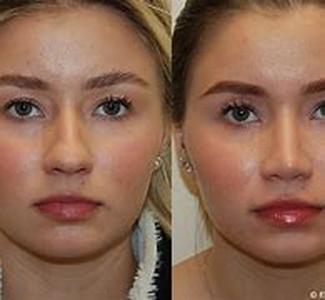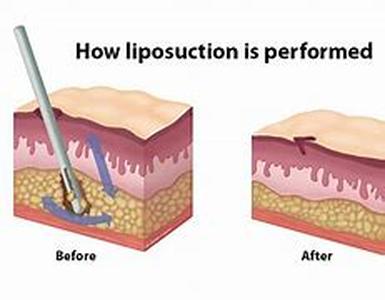
65279;There Is Much Evidence To Support The Fact That The Amount Of Time You Sleep Could Be The Mostimportant Predictor Of How Long You Will Live!As A Person Who Has Been Deep Into Nutrition For Many Years, The Above Statement Was Prettyshocking To Me. My Own Knowledge And Sharing Of Nutrition Dos And Donts With Others Hasfocused Primarily On Eating Your Fruits And Veggies, Taking Some Good Nutritional Supplements,getting Adequate Exercise, And Not Being Subjected To Too Much Stress. But The Right Amount Ofsleep As A Predictor Of Longevity??? Well, Heres Some Things I Have Learned, Much Of Thisacquired From A Book, SUPER FOODS HEALTHSTYLE, Written By Steven G. Pratt, M.D., AndKathy Matthews.A Poll Taken In The Year 2000 By The National Sleep Foundation Found That Sleep Debt Is Aproblem For More Than Half Of Americas Workforce. Their Data Suggests That In The Last Centuryweve Reduced The Average Amount Of Time We Sleep By 20 Percent.Of Course, I Suppose That Most Of Us Recognize That If We Dont Get Adequate Sleep For A Night Ortwo, We May Not Function As Well The Next Day. If We Work A Job Where Accuracy Is Superimportant, Or If We Are Driving A Long Distance, We Sure Dont Want To Be Sleepy. And We Mayeven Realize That Adequate Sleep Affects Our Immune System. With A Lack Of Sleep, We May Bemore Likely To Get Sick. But Tying The Optimum Amount Of Sleep Into Various Diseases And Evenour Longevity...well, Maybe Thats Another Food For Thought!In Reality, Sleep Deprivation Is Taking A Serious Toll On Our Overall Health! A Sleep Debt Of Merely3 Or 4 Hours In A Week May Have A Direct Bearing On The Following: Obesity Coronary Heart Disease Hypertension Diabetes Immune Function Cognitive Performance LongevityYou Do Not Have To Lose Huge Amounts Of Sleep Before It Takes A Toll. One Study Found Thatsleeping Less Than 4 Hours Per Night Was Associated With A 2.8 Times Higher Rate Of Mortality Formen And A 1.5 Times Higher Rate For Women. The Author Of This Study Also Found That Length Ofsleep Time Was A Better Predictor Of Mortality Than Smoking, Cardiac Disease, Or Hypertension.Another Study Found That People Who Slept Six Hours Or Less A Night Had A 70 Per Cent Highermortality Rate Over A Nine-year Period Than Those Who Slept Seven To Eight Hours A Night!How Much Sleep Do We Need? A Six To Twelve Year Old Will Need Between 10 And A Half And 11 And A Half Hoursof Sleep A Night. A Teen-ager Will Require A Little Less Sleep, Probably Around 9 Or 10 Hours A Night. An Adult Should Be Getting 7 To 8 Hours Sleep Each Night.In Addition, It Is Better For You To Sleep At Night Than During The Daytime. In Fact, Sleeping Betweenthe Hours Of 10 P.M. And 6 A.M. Is Considered To Be Optimal. This Allows For Your Body Torestore Its Needed Melatonin Levels In A Natural Way.Melatonin Is A Natural Hormone Made By Your Bodys Pineal Gland. During The Day The Pineal Isinactive, But When Darkness Comes, The Pineal Is Turned On And Begins To Actively Producemelatonin. This Writer Believes That Allowing Your Body To Produce Melatonin In A Natural Way,by Sleeping At Night, Is Much Wiser For Most People, Than Purchasing Melatonin As A Supplement.So, Close Your Eyes At Night To Avoid Diabetes, To Lose Weight, To Strengthen Your Immune System,to Feel Better, And To Live Longer!





